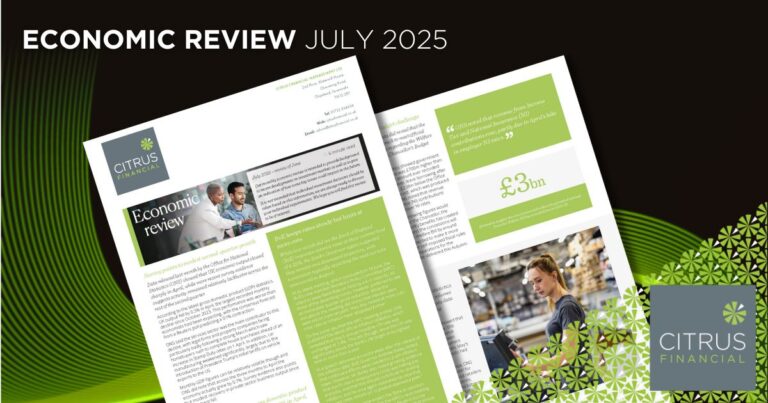In the latest episode of Citrus Mortgage Bites, mortgage experts Richard Harris and Holly Bettles dive into the recent changes in stamp duty thresholds and how you can potentially save thousands by acting before the deadline.
What has changed with Stamp Duty?
Following the Autumn Budget, the UK government has announced that the stamp duty threshold will revert to previous levels from March 31, 2025. For homebuyers, this means that if you complete your purchase after this date, you could face a significantly higher stamp duty bill.
Holly explains how a first-time buyer purchasing a £500,000 property could see their stamp duty jump from £3,750 to £10,000 if they miss the deadline. She advises that now is the time to get your paperwork in order and consult a broker, as acting early can make a big financial difference. If you’re already in a property chain, ensure that everyone involved is aware of the deadline to avoid delays that could lead to increased costs.
The episode also covers the recent Bank of England decision to reduce the base rate by 0.25%, bringing it down to 4.75%. While this is good news for some borrowers with tracker mortgages, fixed-rate holders won’t be affected. Holly discusses the volatility of the current mortgage landscape and emphasizes the importance of consulting with a broker to understand your unique situation and make the best decisions.
Key Takeaways:
- Act Fast on Stamp Duty: Complete your property purchase by March 31, 2025, to avoid higher costs.
- Interest Rate Update: The Bank of England’s recent rate cut may benefit tracker mortgage holders.
- Consult a Mortgage Broker: With mortgage rates fluctuating, seeking expert advice can help you navigate the current market.
For more details, watch the full episode of Citrus Mortgage Bites now!
See more of our videos on our YouTube channel.
Make sure you don’t miss out by subscribing to our channel.
For our latest news click here.
Think carefully before securing other debts against your home. Your home may be repossessed if you do not keep up repayments on your mortgage.



